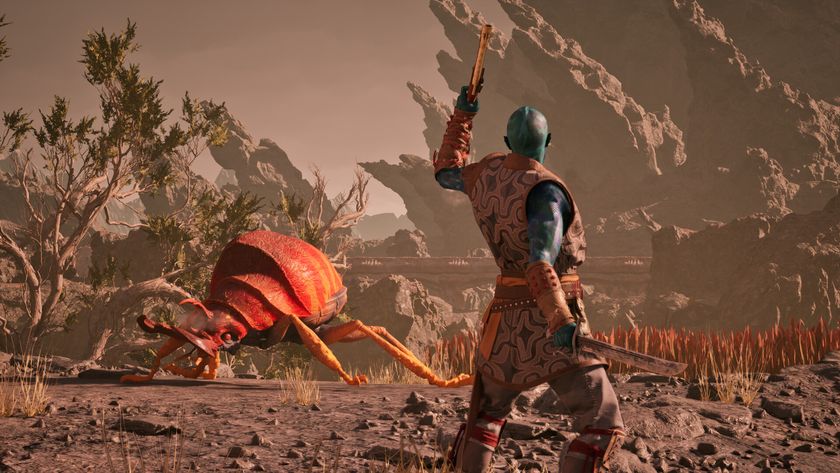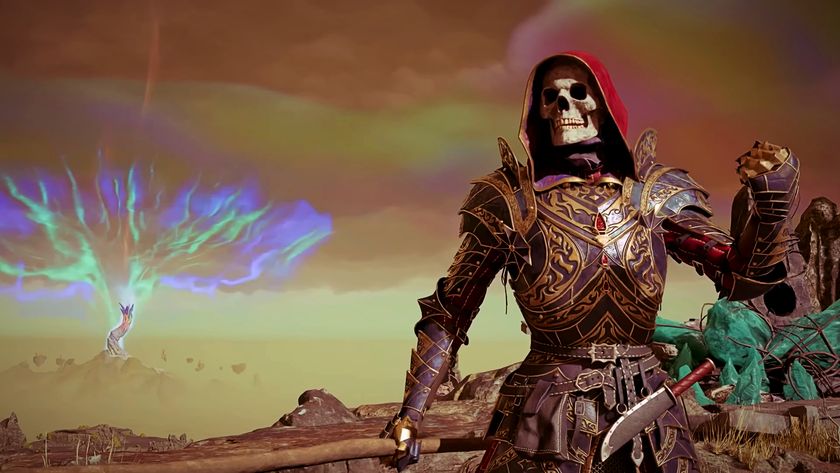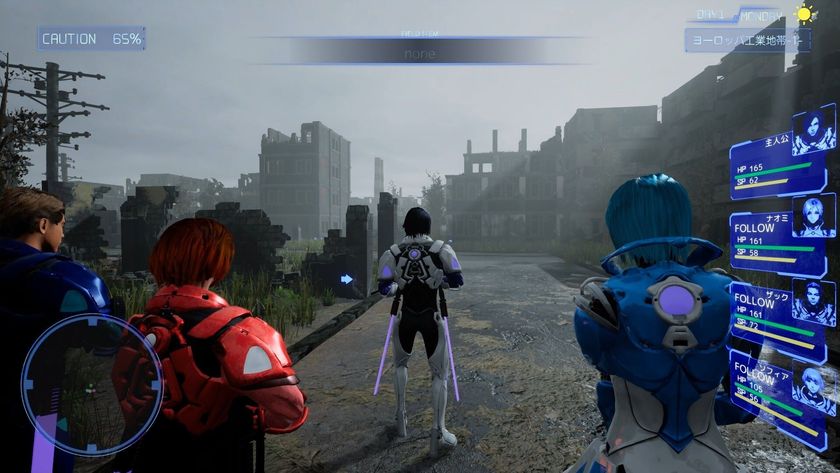Opinion: "The RPG-ification of video games has reached critical mass"
No, this isn’t another ‘contrary’ dig at the cult of Destiny, dear reader. Instead, my potent ire is directed at something far broader and mainstream than men, women and children who get up at the crack of dawn to mine spinmetal with their chums. My beef is with the way developers are incorporating RPG DNA into their games by default, even at the expense of their final product.

Much like many others on staff, I’ve spent more time than I care to admit speeding through the truncated (yet still bloody massive) continental map of The Crew. It’s not even a particularly good racer, but as the hours bled into days, and those days transmogrified into weeks, I took a step back and realised all I was doing was replaying jumps to earn platinum parts for my motor. Then it dawned on me. “Am I… am I grinding?”
Let’s be clear: I’m not the biggest fan of the ‘G’ word, mainly because I play games to escape mediocrity, not court it in a fictional setting. I really take umbrage with this Pareto-style thinking that successful progression works best on an economy of tasks repeated ad nauseam. Sure, I’m all up for creating a level playing field, but not one that hinders late adopters. Yet, as much as it twists my gizzards, I at least get why grinding is a key component of the MMORPG DNA at the heart of Destiny, but I feel compelled to ask: do we really need the nuts and bolts of almost every RPG trope filling the gaps of so many other games and genres across planet PlayStation?
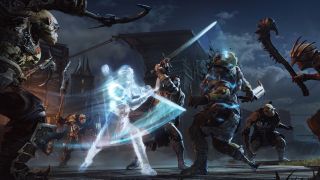
Do I really need to level up my Created Superstar in WWE 2K15? Is is imperative that I unlock all the Forge Towers in Middle-earth: Shadow Of Mordor so I can initiate fast travel points? And why in the blue hell am I collecting loot, sorry platinum car parts, so I can slowly increase an arbitrary number in The Crew? I’m playing as a bloody car! It’s one RPG crutch too far. It worries me that developers are incorporating the core elements of RPGs into their games purely because it’s the ‘in’ thing, rather than doing so on the basis that it actually benefits the core focus of their project.
Take Destiny’s Crucible – it’s a stellar multiplayer effort, but despite weapon stat balancing its gun and armour perks make it an almost-impenetrable bloodbath for those just looking to play occasionally. With such talented designers crafting memorable maps, why not clean the slate and let player skill, not the abilities doled out purely to long-term players, determine the action outside of Iron Banner?
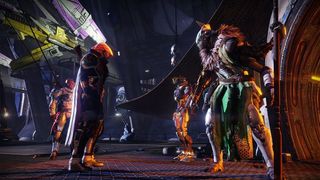
It doesn’t take a PhD to work out this prevalence of RPG elements across the industry has followed in the wake of so many open-worlds barging their way into the design docs of studios the world over. But to those devs, I say this: are you filling your vast setting with side-quests and loot-esque collectibles because it’s imperative to your core design, or because you need to justify its size?
Sure, PS4 games come with a hefty price tag as standard these days, but that doesn’t mean you have to slap on an XP system, a bunch of cookie-cutter side activities and a slew of unrewarding collectible ephemera to bump up the running time. Have the minerals to focus on the things that make your game great and unique. And please stop assuming that just because a player is going to spend more than ten minutes in your world, that they also need to accumulate XP and level-up every item in their possession in order to feel like they’ve done something close to progression.
Sign up to the 12DOVE Newsletter
Weekly digests, tales from the communities you love, and more
Click here for more excellent Official PlayStation Magazine articles. Or maybe you want to take advantage of some great offers on magazine subscriptions? You can find them here.
Dom has been a freelance journalist for many years, covering everything from video games to gaming peripherals. Dom has been playing games longer than he'd like to admit, but that hasn't stopped him amassing a small ego's worth of knowledge on all things Tekken, Yakuza and Assassin's Creed.
Most Popular





